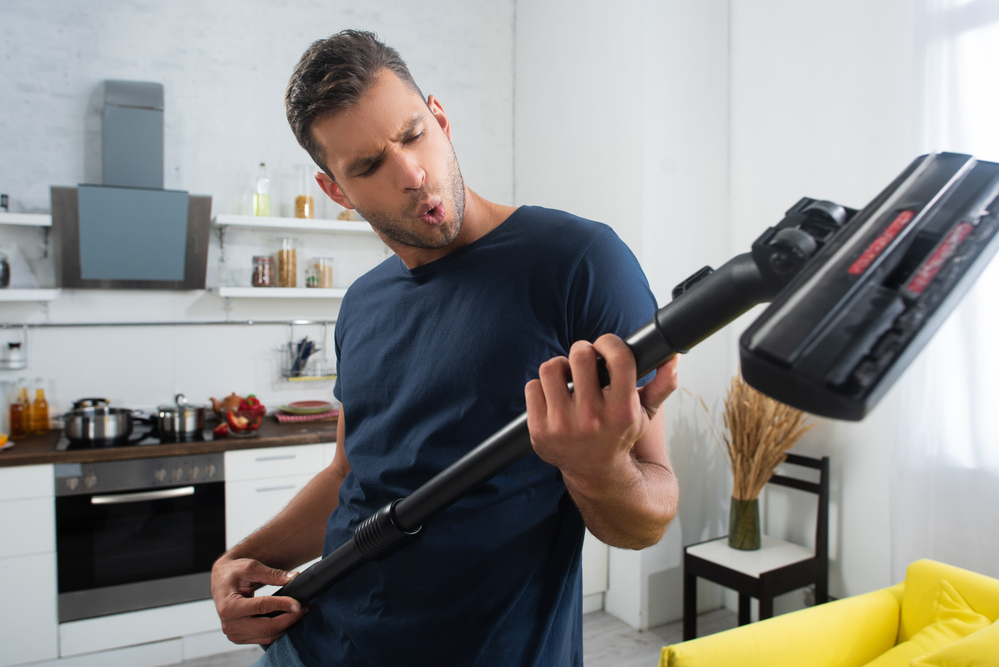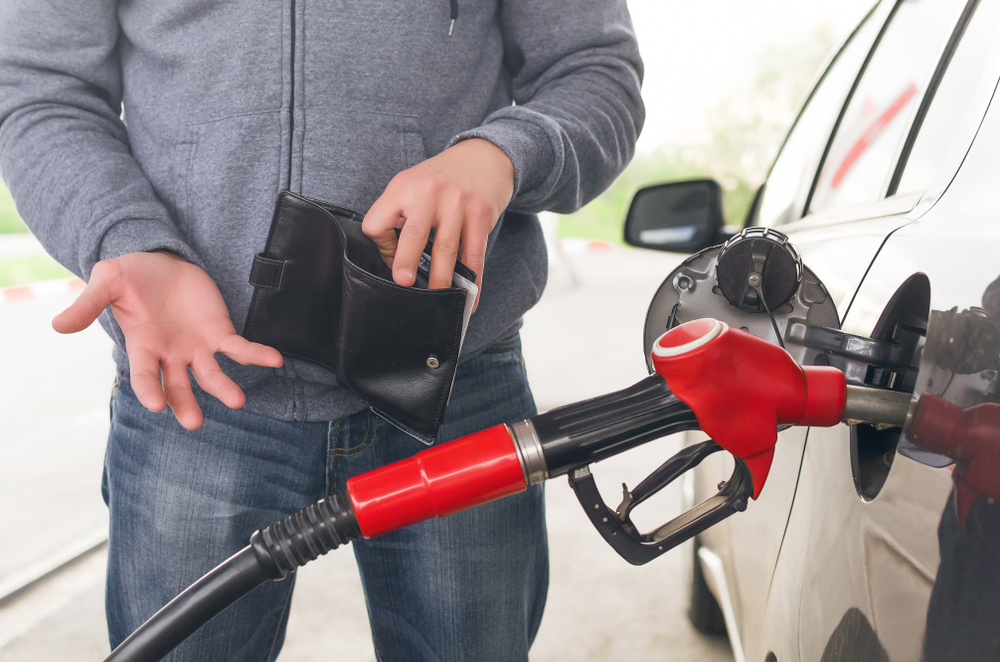You have now decided to stop drugs and start your journey of self-discovery, congratulations! Drug addiction affects many people globally, but there’s always a way out. Nearly 23% of people who use heroin develop opioid addiction at some point, and it’s possible to stop it with a good plan. Here are seven actionable steps to take to stop addiction.
1. Plan Your Quit Date
When would you like to stop taking drugs? You should have a clear plan of how you will stop the addiction. Therefore, choose the most appropriate time to stop taking the drugs. It could be on your important event, like a birthday, wedding day, or anniversary.
2. Change Friends
Friends are influential and can help you in your addiction recovery or slow down your efforts. Do you have friends who encourage you to take more drugs? If yes, distract yourself from them to focus on yourself and the addiction recovery journey.
Find a company of people who are willing to help you forget about your addiction. Changing friends may not be easy, but it may help you avoid state charges for drug possession, which on average, spans 20 months.
3. Change Environment
Like friends, you must change your environment to stop the addiction. If you are trying to recover from alcohol, keep off pubs, bars, and other joints where alcohol is sold. Throw the beer bottles or openers from your home because they will always trigger you to consume alcohol again. Inform the people around you of your intentions so they don’t bring the triggers near your home.
4. Join a Support Group
Fighting addiction has never been easy, and it can be harder when doing it alone. As such, finding a peer support group is advisable to get encouragement from others struggling like you. Most peer groups, like narcotics, are anonymous on social media platforms. Search for a group near your locality for quick interactions and support from people around you. Similarly, create a strong support network with your family or those caring for your health.
5. Seek Professional Help
Don’t hesitate to seek the help of a professional counselor or therapist if that is what you need. Everyone’s journey to addiction recovery is different, and an expert can help you. A therapist can take you through relaxation techniques like yoga, massages, nature walks, and breathing exercises to help you avoid stress and recover easily.
6. Reach Out to a Health Provider
It might be a good idea to talk to a doctor or health practitioner if you are trying to avoid alcohol or drug intake. The doctor can check your health and recommend the best foods. For instance, the doctor may recommend drugs to help alleviate withdrawal signs like anxiety, fear, and depression.
You may also get a detox recommendation to flush off drug toxins in your body. According to Oregon Trail Recovery, a typical detox program takes between 7 to 10 days, and it can be helpful in your addiction recovery journey. The healthcare provider may also provide support if you have an underlying mental issue to ensure the condition does not worsen following the drug withdrawal.
7. Find Something to Do
Addiction recovery is a journey, so chances are high you will occasionally fight urges to drink. As such, you should keep busy with work or something you love doing. If you don’t have a permanent job, volunteer in an organization, interact with children, and find new ventures to keep your mind busy. You can even engage in sporting activities, or any other activity you are passionate about.
You should have a good plan for stopping addiction to overcome it completely. Understand what you need, and plan how you will achieve it. Seek the help of a professional right away to know what’s best for your health, and closely follow the above tips. Check out our website for more informative guides on lifestyle and personal finance.






